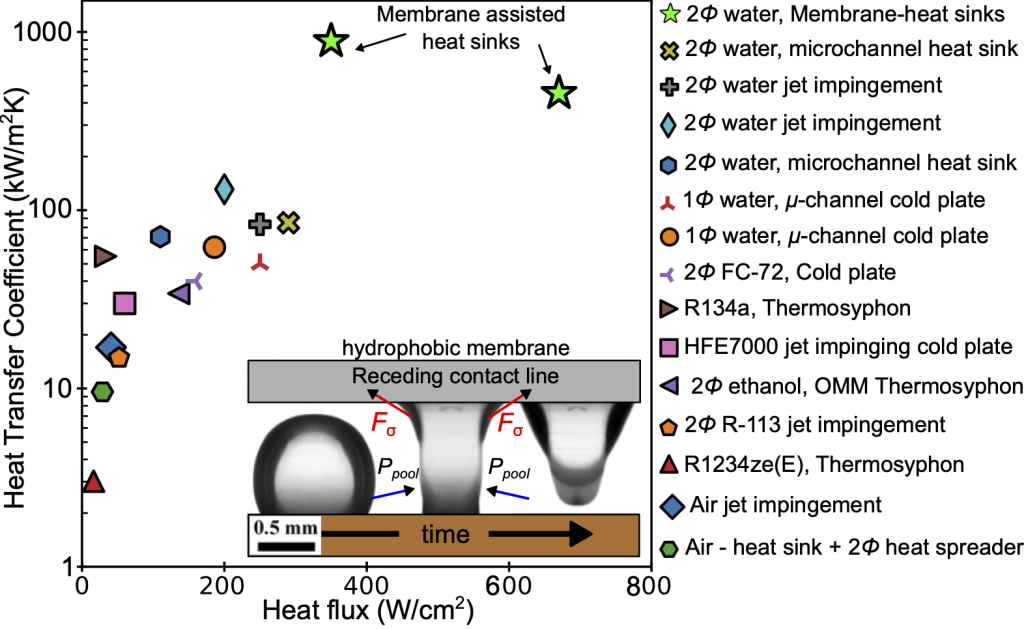
As the demand for data and computing power continues to grow, data centers have become a crucial part of the modern world. However, the energy consumption of data centers has also become a concern, as they contribute significantly to carbon emissions. In recent years, efforts have been made to make data centers more energy efficient and reduce their carbon footprint. Many data center owners and big corporates have pledged to be carbon neutral over the next decade. One area that has received increasing attention is the cooling of chips. Chips are the heart of data centers, and they generate a significant amount of heat as they process data. Cooling these chips is essential to prevent them from overheating and malfunctioning.
Traditionally, data centers have been air-cooled, but it is an energy-intensive process that can account for up to 40% of the total energy consumption of a data center. To address this issue, we have developed a membrane-assisted cooling technology which can potentially dissipate unprecedented levels of heat from chips and alleviate data center energy. The unique architecture of this technology involves placing a membrane on top of the hot surface, to confine a boiling liquid coolant inside the heat sink and discharge vapor. Our research findings have been published in Applied Thermal Engineering.
This new cooling technology can not only reduce the energy consumption of data centers but also promote decarbonization. By reducing the amount of energy needed for cooling, more energy can be used to power the actual computing processes. This can result in a more energy-efficient data center and a reduced carbon footprint.
This research has been funded by the National Science Foundation.